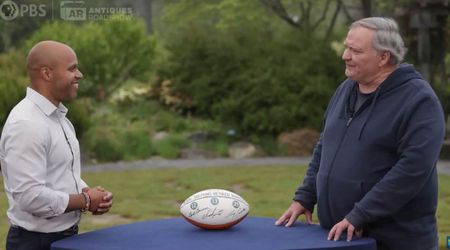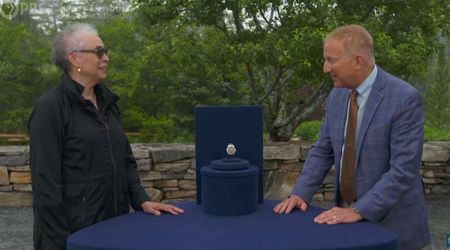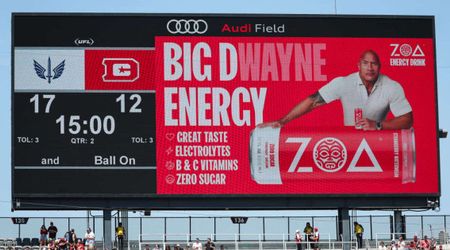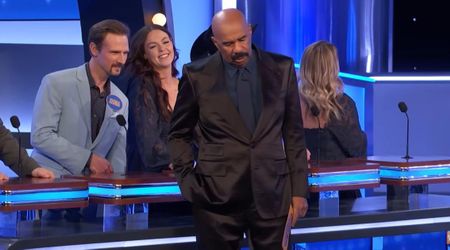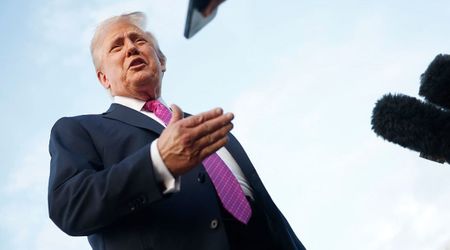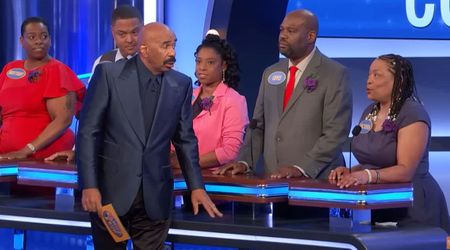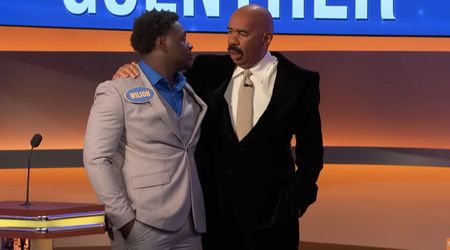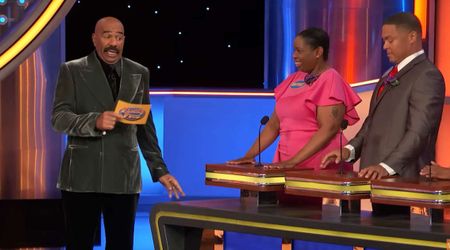These 10 Landmark Music Copyright Cases Highlighted the Importance of Protecting an Artist's Work

Music is a universal language that has the power to connect people, evoke emotions, and even shape culture, but every iconic melody is an artist's brainchild protected by copyright laws. Throughout history, musicians and songwriters have found themselves entangled in legal disputes over copyright infringement. These cases have not only shed light on the intricacies of intellectual property in the music industry but have also shaped how we understand creative ownership. Here are the 10 biggest music copyright cases in history, each offering a glimpse into the world where art and law collide.

Chuck Berry vs. the Beach Boys

The Beach Boys, comprised of members including Brian Wilson with a net worth of $100 million, Mike Love ($80 million), Bruce Johnston ($30 million), Carl Wilson ($20 million), Dennis Wilson ($20 million), Al Jardine ($20 million), Scott Totten ($7 million), John Cowsill ($5 million), Jeff Foskett ($5 million), Christian Love ($1 million), and Keith Hubacher. For their chart-topping hit "Surfin' USA," the band drew inspiration from Chuck Berry's "Sweet Little Sixteen," triggering legal trouble, which eventually compelled the Beach Boys to relinquish publishing rights to Chuck Berry's publisher, Arc Music.
The Chiffons vs. George Harrison

George Harrison, the renowned English musician, singer, actor, and songwriter, found himself entangled in a protracted legal battle due to the undeniable resemblance between his hit song "My Sweet Lord" and The Chiffons' "He's So Fine." In a verdict that pointed to "subconscious plagiarism," Harrison was held accountable and ordered to pay substantial damages. At the time of his passing, George Harrison still possessed a net worth of $400 million.
Queen & David Bowie vs. Vanilla Ice

Vanilla Ice, with a net worth of $12 million, gained notoriety for sampling Queen and David Bowie's "Under Pressure" in his hit "Ice Ice Baby." This copyright dispute prompted legal action and ultimately resulted in a confidential settlement, sparking important conversations about safeguarding artists' creative work. David Bowie, the iconic English musician, singer-songwriter, and actor, possessed a substantial net worth of $230 million at the time of his passing in 2016.
Rolling Stones vs. the Verve

In the realm of music, The Verve's "Bittersweet Symphony" found itself at the epicenter of legal intricacies when it sampled the Rolling Stones' "One Last Time." This collision of creative works led to a complex legal battle, resulting in Mick Jagger and Keith Richards securing songwriter credits and a substantial $1.7 million in royalties.
Marvin Gaye vs. Robin Thicke & Pharrell Williams

Marvin Gaye's estate initiated a legal battle against Robin Thicke and Pharrell Williams, citing the resemblance between "Blurred Lines" and "Got to Give it Up." The verdict favored the Gaye estate, awarding them $5.3 million in damages and future royalties. This landmark case established a precedent for safeguarding a song's "feel."
Chuck Berry vs. John Lennon

John Lennon, whose net worth stood at an impressive $200 million dollars at the time of his tragic passing in 1980, had once found himself embroiled in allegations of plagiarism against his song "Come Together." This iconic track faced accusations of copying Chuck Berry's "You Can't Catch Me." However, instead of a protracted legal battle, an out-of-court settlement was reached. The agreement included an intriguing twist: Lennon committed to recording three songs from Chuck Berry's catalog.
Spirit vs. Led Zeppelin

Rock band Led Zeppelin found themselves embroiled in a legal battle when their iconic track "Stairway to Heaven" was accused of borrowing from Spirit's "Taurus." After protracted legal proceedings, a court ultimately concluded that the two songs were not sufficiently similar to warrant a verdict of theft. This case spanned several years and marked a significant moment in music copyright history.
Creedence Clearwater Revival vs. John Fogarty

Accusations of plagiarism swirled around John Fogerty's "The Old Man Down the Road," alleging it copied his own Creedence Clearwater Revival (CCR) track, "Run Through the Jungle." Ultimately, the U.S. Supreme Court ruled in favor of Fogerty. His net worth now stands at an impressive $90 million, and the legal victory served as a pivotal moment in copyright law, emphasizing the importance of artists' creative independence and the recognition of their rights to their own music.
The Turtles vs. De La Soul

De La Soul's use of a sample from The Turtles' "You Showed Me" resulted in a substantial $1.7 million settlement, significantly influencing the landscape of sampling practices within the hip-hop and rap genres. As of 2023, De La Soul boasts a net worth of $10 million.
Roy Orbison vs. 2 Live Crew

The 2 Live Crew's parody of Roy Orbison's "Oh, Pretty Woman" had far-reaching consequences, culminating in a groundbreaking Supreme Court ruling that solidified the protection of parody under the "fair use" doctrine. Remarkably, when Roy Orbison passed away, his net worth stood at an impressive $20 million.









